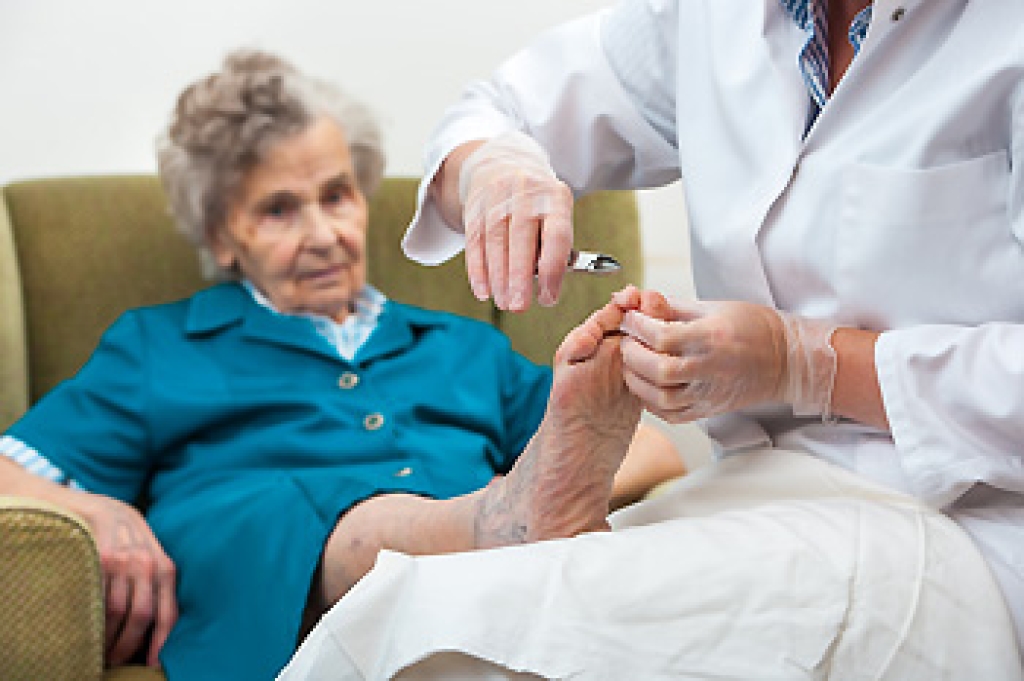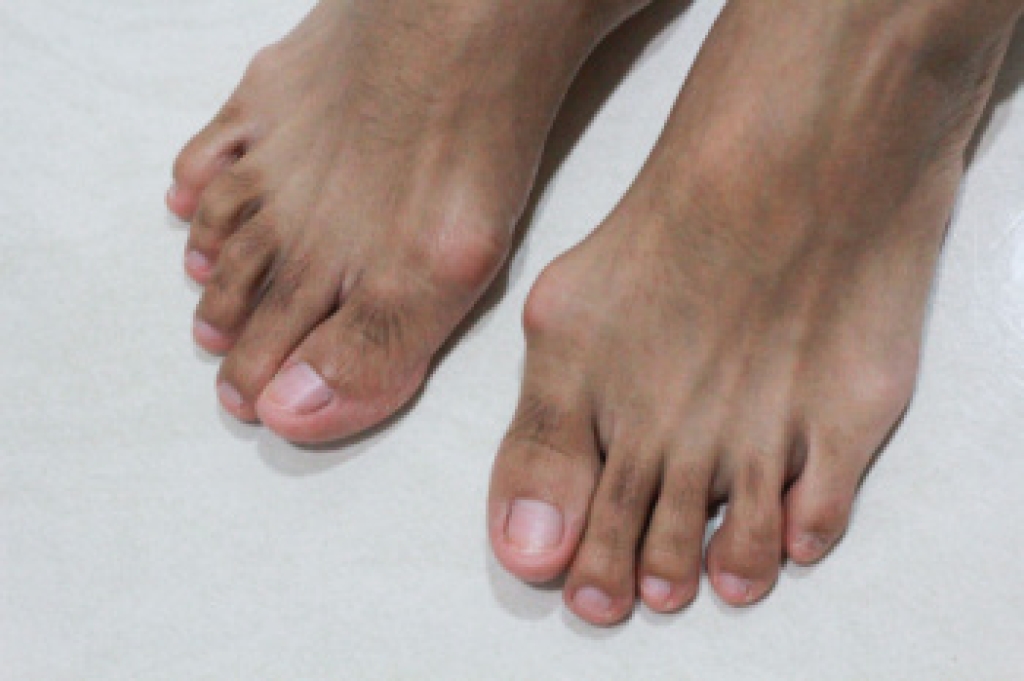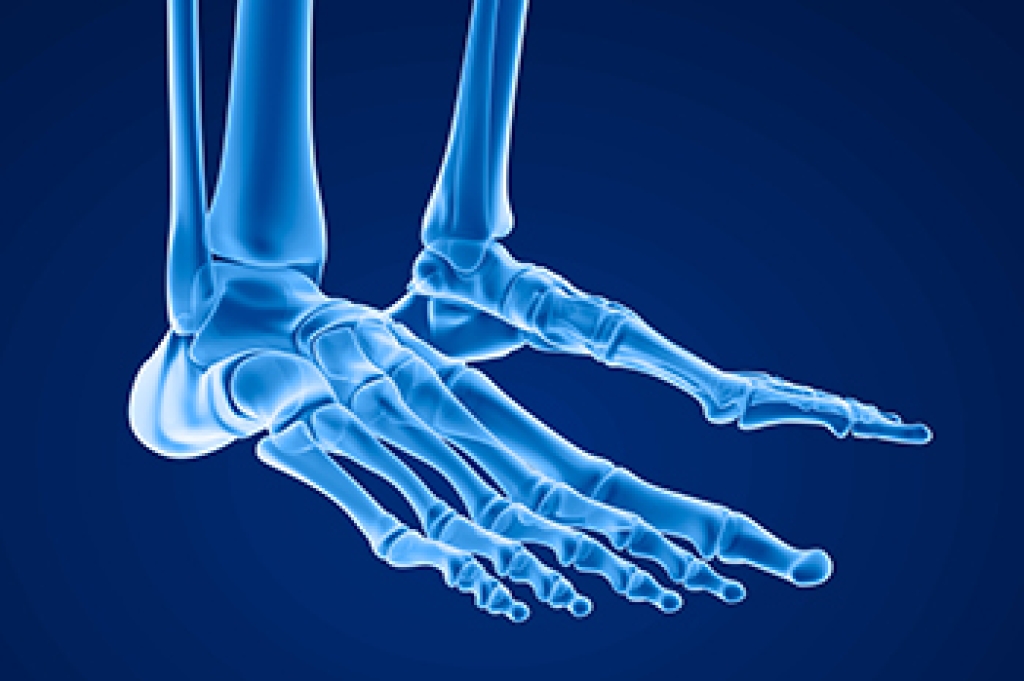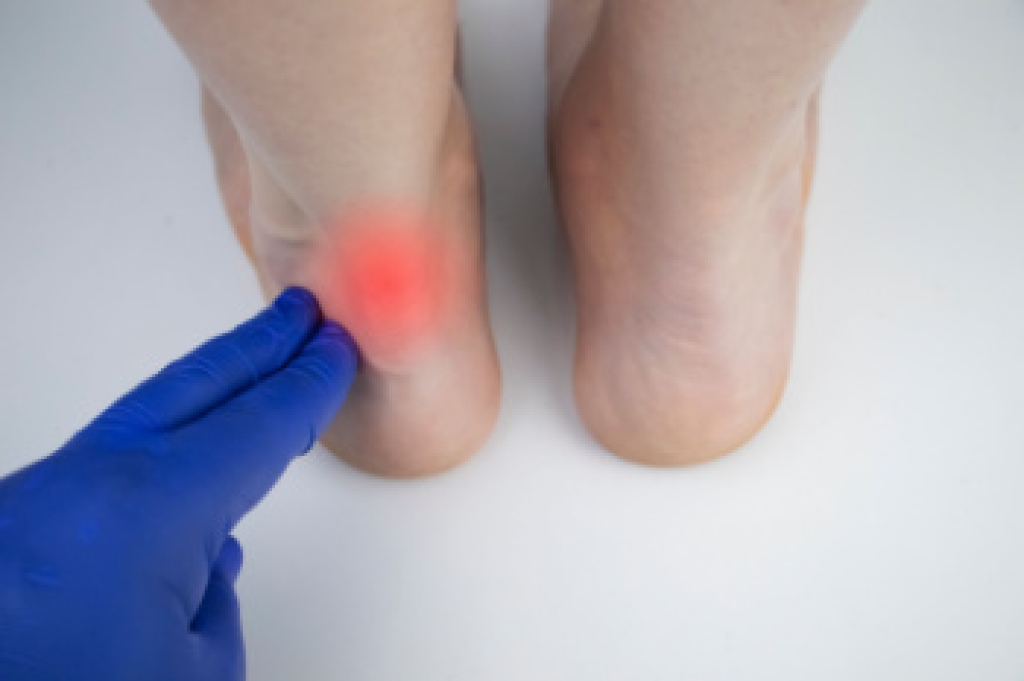
Daily foot care plays a growing role in comfort and mobility as people get older. Aging skin tends to lose moisture and elasticity, making regular cleansing and gentle moisturizing important to reduce cracking and irritation. Nails often thicken or become brittle, so careful trimming helps prevent pressure and discomfort. Changes in circulation and sensation mean small issues may go unnoticed without routine visual checks. Wearing clean socks and properly fitting shoes each day protects the feet from friction and uneven pressure. Staying active within personal limits supports circulation and joint movement, while rest allows irritated areas to recover. These simple habits help maintain foot health and reduce the risk of complications that can affect walking and balance. Paying attention to the feet as part of everyday self-care supports independence and comfort. If concerns arise despite routine care, it is suggested that you see a podiatrist for a proper diagnosis and appropriate treatment.
Everyday foot care is very important to prevent infection and other foot ailments. If you need your feet checked, contact one of our podiatrists from Highpoint Foot & Ankle Center. Our practitioners can provide the care you need to keep you pain-free and on your feet.
Everyday Foot Care
Often, people take care of their bodies, face and hair more so than they do for their feet. But the feet are a very important aspect of our bodies, and one that we should pay more attention to. Without our feet, we would not be able to perform most daily tasks.
It is best to check your feet regularly to make sure there are no new bruises or cuts that you may not have noticed before. For dry feet, moisturizer can easily be a remedy and can be applied as often as necessary to the affected areas. Wearing shoes that fit well can also help you maintain good foot health, as well as making it easier to walk and do daily activities without the stress or pain of ill-fitting shoes, high heels, or even flip flops. Wearing clean socks with closed shoes is important to ensure that sweat and bacteria do not accumulate within the shoe. Clean socks help to prevent Athlete’s foot, fungi problems, bad odors, and can absorb sweat.
If you have any questions, please feel free to contact our offices located in Chalfont, Doylestown, and Hatboro, PA . We offer the newest diagnostic and treatment technologies for all your foot care needs.




